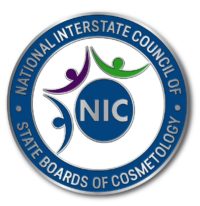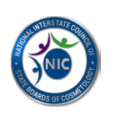The Council of State Governments (CSG), the National Conference of State Legislatures (NCSL) and the National Governors’ Association (NGA) have come together to assist states to improve their understanding of occupational licensure issues. These groups acknowledge state licensing is “important for developing a trained workforce and protecting public safety,” but point out that disparities in requirements between states make it harder for people to enter these fields, and at times can prevent individuals from continuing their careers after moving across state lines. These disparities often affect certain populations more than others, such as military spouses and families, unemployed and dislocated workers, immigrants with work authorization, and people with criminal records.
To address these issues, CSG, NCSL and NGA work directly with state officials to review existing licensing requirements and ensure that criteria do not create unnecessary barriers to individuals wanting to enter the labor market.”
CSG launched an occupational licensure website which pulls together CSG’s expertise on the issue as well as news and current events such as seminars, passed legislation, and working initiatives.
NCSL’s Occupational Licensing Project, which can be found here, includes a database which contains education and licensing data for 30-plus occupations including cosmetology. In addition, NCSL’s database tracks state legislation on occupational licensure and includes legislation impacting four population groups that have been identified as being disproportionately impacted by licensure-related barriers to labor market entry:
To address these issues, CSG, NCSL and NGA work directly with state officials to review existing licensing requirements and ensure that criteria do not create unnecessary barriers to individuals wanting to enter the labor market.”
CSG launched an occupational licensure website which pulls together CSG’s expertise on the issue as well as news and current events such as seminars, passed legislation, and working initiatives.
NCSL’s Occupational Licensing Project, which can be found here, includes a database which contains education and licensing data for 30-plus occupations including cosmetology. In addition, NCSL’s database tracks state legislation on occupational licensure and includes legislation impacting four population groups that have been identified as being disproportionately impacted by licensure-related barriers to labor market entry:
- Skilled immigrants.
- Individuals with criminal records.
- Active duty military, veterans and their spouses.
- Unemployed and dislocated workers.

